7 Things Tenet Director Christopher Nolan Likes To Reuse In His Movies
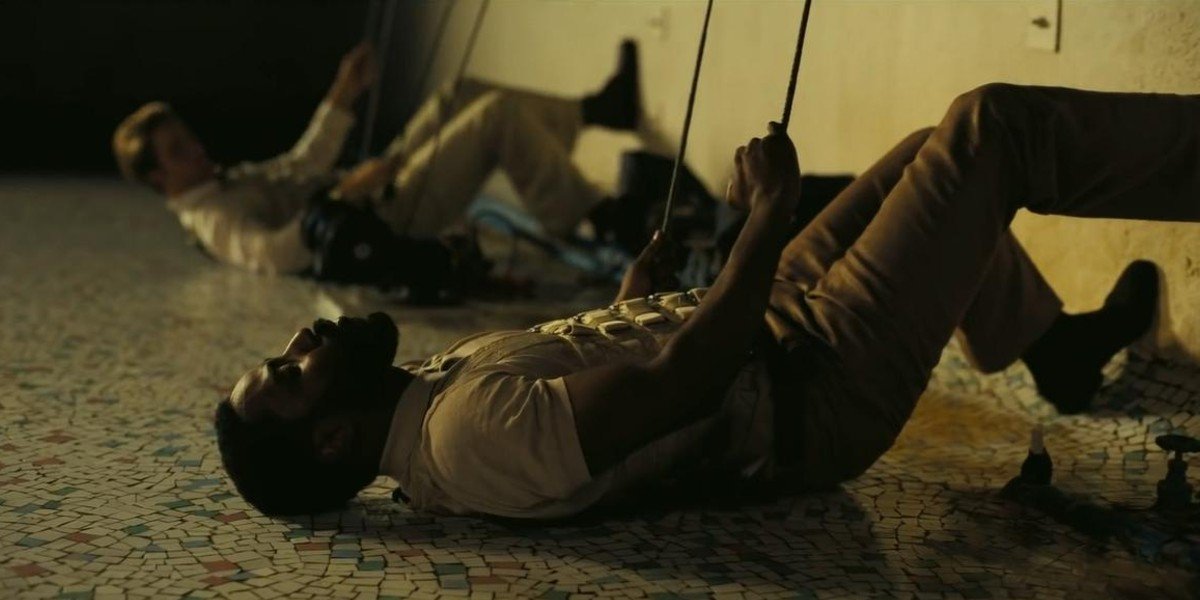
Christopher Nolan is one of the 21st century's most inspiring, groundbreaking and innovative filmmakers. Every movie he’s directed has been a critical success, a box office success or both. Usually, it’s both. Starting with Following in 1999, he’s been putting out hits for twenty years, and in that time, I’ve been able to pick out some trends along the way.
Most directors reuse techniques and trademarks they’re comfortable with. However, sometimes, a director reuses something so much it becomes predictable, bland and distracts from the overall work. Here are seven things Christopher Nolan likes to reuse in his movies.
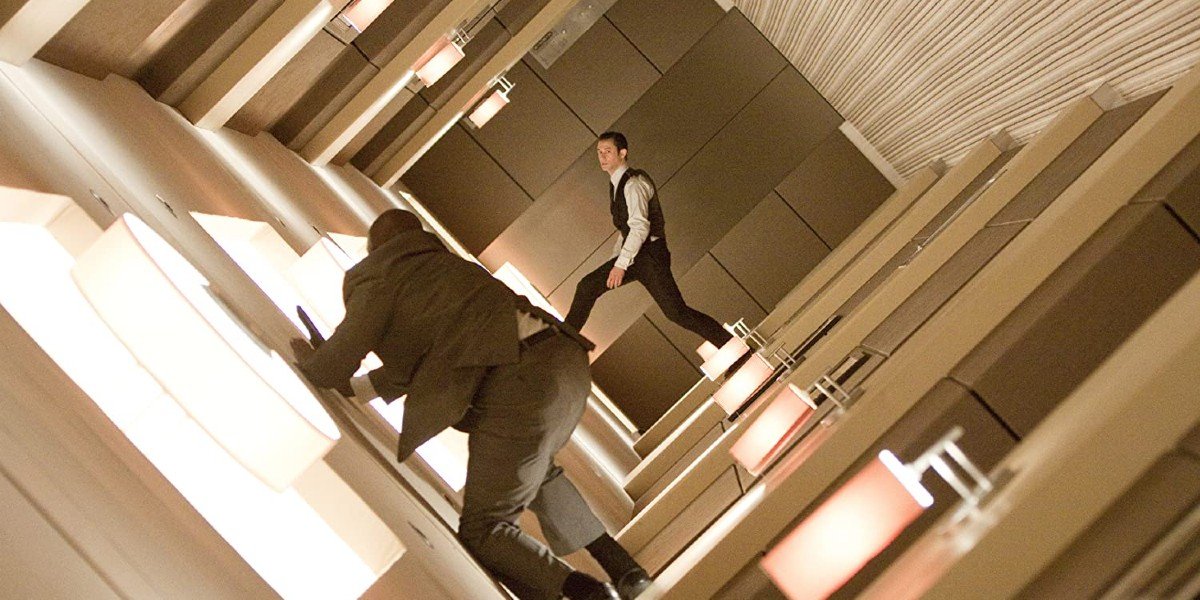
Nonlinear Storytelling
By now, nonlinear storytelling is one of Christopher Nolan’s core trademarks. This technique tells a story by breaking up the timeline, rather than telling the story sequentially along a timeline. It’s by no means a new technique and has been used for a long time in a variety of media, but nevertheless, Christopher Nolan likes to use it... a lot. He started using nonlinear storytelling in Following, his first feature film about a writer that follows people for material and inspiration. However, it’s in Memento that he took the technique to new, mind-bending extremes. This movie, and its use of nonlinear storytelling, is arguably what established him as a visionary filmmaker.
Rather than call it a day and put nonlinear storytelling away, Christopher Nolan leaned into the storytelling formula more. From Batman Begins to Dunkirk, nonlinear storytelling is used in one way, shape or form. Of his movies, Inception is the closest he comes to returning to the confusing, cerebral extremes of Memento.
While his consistent use of this technique has widely played to his strengths as a storyteller, recently some movie critics have called him out for using it too much, specifically with his latest movie, Dunkirk. One critic wrote of Dunkirk:
Nolan’s obsession with his fractured narrative structure perfectly suited his past works Memento and Inception (his best film, by some measure)... Surely the filmmaker’s insistence upon imposing his favorite device upon all his narratives is edging towards Shyamalan-like overkill.
It’s hard to say if Christopher Nolan will use nonlinear storytelling in Tenet. Still, from the looks of the trailer and talk of “inversion” and time travel, I suspect he will.
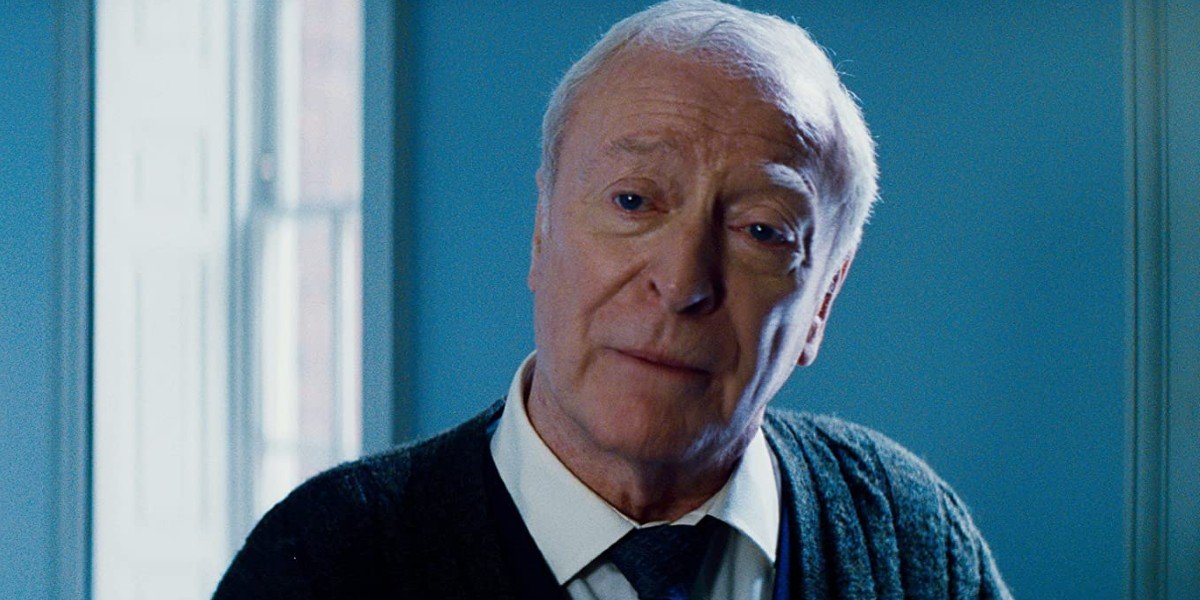
Michael Caine
Since playing the role of Alfred Pennyworth in Batman Begins, Sir Michael Caine has appeared in every Christopher Nolan movie. He’s become something of a lucky charm for Nolan. That’s not to say he puts him in large roles. Oftentimes Caine will appear only for a few small scenes. In Dunkirk, Michael Caine only came on for a sneeze-and-you’ll-miss-it cameo, where his voice is heard over Tom Hardy’s radio. Christopher Nolan even admitted at the time that Caine had to be in the movie in some form.
Your Daily Blend of Entertainment News
In Tenet, Michael Caine got more than a voice-over cameo. According to Caine, he did one day’s work for one scene with John David Washington, which is likely the same scene we see in the trailer. Honestly, there’s little reason Christopher Nolan shouldn’t keep reusing Caine in his movies. He’s an extraordinary, two-time Academy Award winning actor, after all. At the same time, unless he plans to use him in a large, meaningful role, perhaps he’s become more of a distraction than anything else?
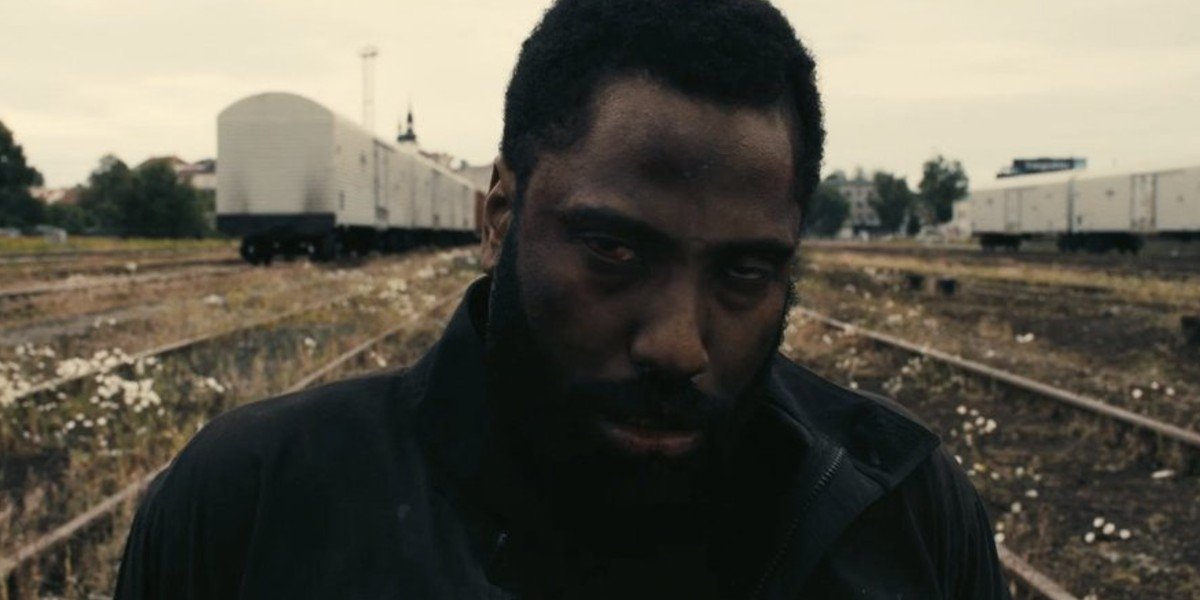
Trains
Alright, hear me out on this one. No, Christopher Nolan doesn't use trains in every movie, but I think his use of them is more significant than it looks. The first example of this was in Batman Begins. If you recall, Thomas Wayne builds a train in the city as means of cheap transportation. Ra’s Al Ghul later tries to use this train against Gotham by pumping Scarecrow’s poisonous gas into the city. Of course, Batman allows the crashing train to kill Ra’s Al Ghul instead.
Near the beginning of The Prestige, Robert Angier (Hugh Jackman) rides a train to Colorado Springs to visit Nikola Tesla, hopeful that the destination will solve some of his problems. He wants Tesla to build him a machine for his next magic trick. But it’s really in Inception where trains become an important motif. While Cob and Mal are in Limbo, they lay their heads down on the train tracks while Cob says, “You're waiting for a train. A train that will take you far away. You know where you hope the train will take you, but you can't know for sure. Yet it doesn't matter. Now, tell me why?”
The train kills them in the dream and brings them back to reality. But Mal can’t accept that it actually is reality and jumps out of a window. Later, while Cob and his crew are burrowing into the recesses of Robert Fischer’s mind, the same train comes down a city road, smashing through cars. What Cob says about the train is more important than the train itself. The train is a symbol of linear time, going from one point to another. Most people see this as an assurance that they know the train will take them from point A to point B, but from what Cob says, there is no real assurance of this.
Christopher Nolan uses the train to signify what we hope for in the future along a timeline. They’re a vehicle for where we want to go and what we want to do. For Thomas Wayne, that meant helping the poor. For Ra’s Al Ghul, that meant destroying Gotham and starting over. For Bruce Wayne, well, that meant destroying the train entirely and killing Ra’s Al Ghul in the process. Christopher Nolan seems to conclude we don’t really know what will happen on the train ride, and that it doesn’t matter in the end anyway.
All of this brings us to Tenet. I couldn’t help but notice the train scene in the Tenet trailer, which I find humorously suspect since the movie deals with the reverse flow of time. Will these trains play a large role in the story? There’s no real way of knowing until we see the movie, but I wouldn’t bet against it.
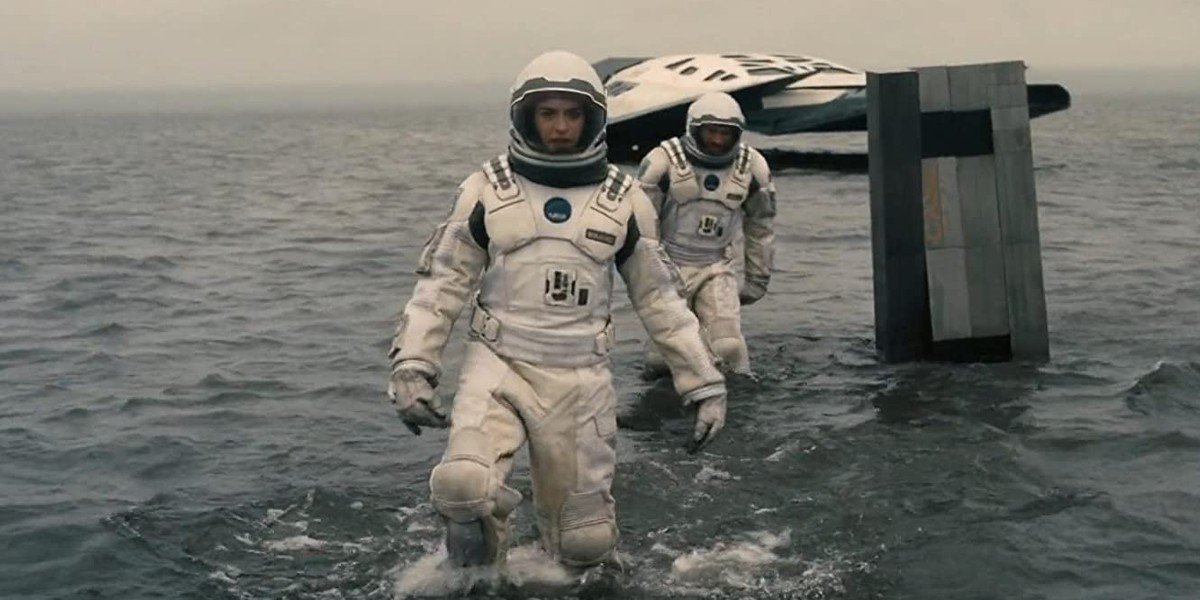
Time Relativity
Similar to reusing nonlinear storytelling as a technique, Christopher Nolan loves exploring the concept of time, specifically in Memento, Inception, Interstellar and Dunkirk. In Memento, Leonard has no real concept of time because of his memory loss. Without the ability to make memories, he’s stuck in a loop, constantly reliving the same tragedy over and over again. Inception is a sort of kindred spirit to this idea, except it’s not about memory this time, but dreams and reality. Like Joseph-Gordon Levitt’s character says,”Five minutes in the real world gives you an hour in the dream.” This long duration of time, however, also warps the character’s sense of reality, confusing them from what is real and what is a dream.
Interstellar plays with time relativity even more, using some real science theory to back it up, no less. However, in contrast to Inception, for Matthew McConaughey’s character Cooper, time becomes a precious commodity. One hour on the first planet he visits equals seven years back on Earth. He watches emotionally as his kids become adults while he stays the same.
Watch the first trailer for Dunkirk, and you’ll hear time ticking away. With this movie, it’s less about time dilation and more about immediacy. Time is closing in on our heroes as they fight for survival, each hero at land, sea and air experiencing time in different ways.
With Tenet, Christopher Nolan is back to his old ways of twisting and manipulating time to confuse the audience, not to mention the actors themselves. But, this time around, the story is about the reverse flow of time.
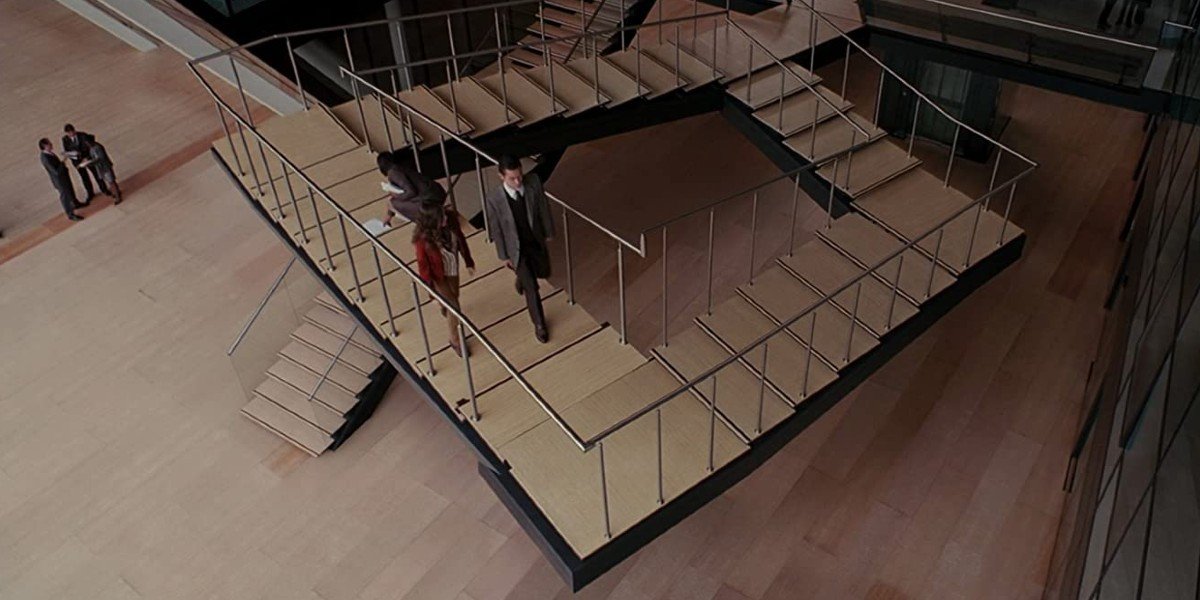
Paradoxes
I think it’s safe to say most audiences hate paradoxes. Typically, we want things to logically make sense and to resolve in an understandable way. If something in a movie doesn’t resolve itself neatly, the usual complaint is that there’s a “plot hole.” But a paradox, by definition, can’t be resolved, and that makes a lot of people uncomfortable. Inception and Interstellar are the two most obvious examples of using paradoxes. In Inception, Christopher Nolan even gives the audience a blatant heads up when Arthur and Ariadne walk on the penrose stairs, aka. the infinite staircase. He’s practically telling everyone, “Guys, the ending of this movie is going to mess with your head.”
But it’s Interstellar where the time loop paradox comes on hot and heavy. If you’ll recall, the messages Cooper tries to give his daughter, Murph, are coming from the bookshelves. Murph uses this information from the future to save the world and eventually reunite with her father out in space. It’s a prime example of the causal loop paradox. If you didn’t catch it, Tenet handed us a paradox at the end of the trailer when John David Washington’s character says, “This reversing the flow of time, doesn’t us being here now, mean it never happened?” You better believe Tenet’s paradoxes are going to give people headaches.
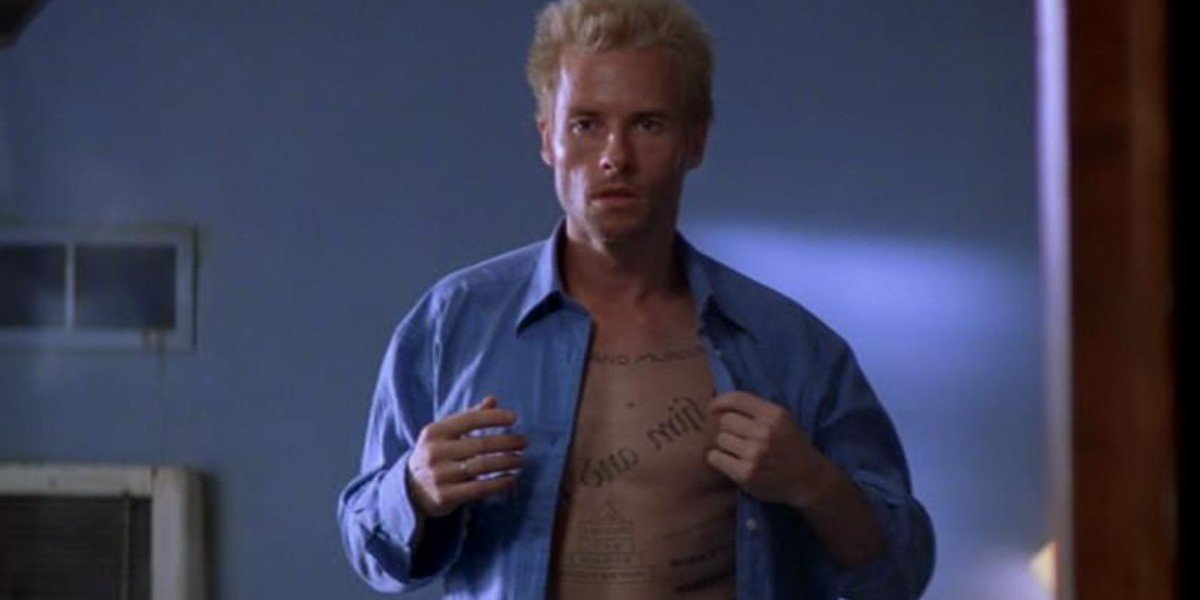
Epistemology
Epistemology means the study of knowledge. It typically asks the questions, “What do we know? How do we know?” These questions play a central role in many of Christopher Nolan's movies, starting with, you guessed it, Memento. And that only makes sense since the subject matter of memory loss lends itself to the topic. Memento asks the question, “How do we know our memories are true?” With Leonard’s impaired memory, questions naturally arise about how he can know something is true. Almost every character questions him about the reliability of his memories and what he can really know for sure. By the end, we learn that Leonard’s present truth is lies he wrote down on his Polaroids.
The Prestige asks the question, “How do we know what we see is true?” In this movie, two magicians, played by Christian Bale and Hugh Jackman, bend and twist the truth in front of an audience for entertainment. People want to be deceived for fun. Christopher Nolan reveals this with the line by Cutter, played by Michael Caine, “Now you're looking for the secret. But you won't find it because of course, you're not really looking. You don't really want to work it out. You want to be fooled.”
But next to Memento, the Christopher Nolan movie that plays even heavier with these themes is Inception, which asks the question, “How do we know the real world from the dream world?” In the story, to help determine the dream world from the real world, Cob and his dream thieves use totems. At one point in the story, Cob and Mal go so deep in the dream world that they can no longer tell the difference until Cob brings them back out by planting an idea in Mal’s mind with inception. But, while in the real world, she still thinks she’s in a dream.
These threads of knowledge and truth stay fairly persistent in his work. And Christopher Nolan’s usual answer is that people don’t really want the truth; they want their truth, and who are you to tell them otherwise? Along with the paradox I mentioned before, Tenet is already laying the groundwork for more philosophical questions, like “How do we know something actually happened at all?”
Christopher Nolan reusing all of this isn’t necessarily a bad thing. Most directors reuse the stuff that made them successful. Sometimes these tried-and-true techniques should be reused. Tenet, though, already feels a little too familiar just after watching the trailer, like he’s getting repackaging old concepts. The danger for Nolan here is reusing so much that it becomes a faint echo rather than a powerful noise; it becomes eye roll-inducing rather than a gleaming inspiration. As a fan of Christopher Nolan, I’d rather his movies be the latter.
Of course, this isn't a full list. There's probably stuff I didn't mention. What are things you think Christopher Nolan reuses in his movies? Let us know in the comments!

